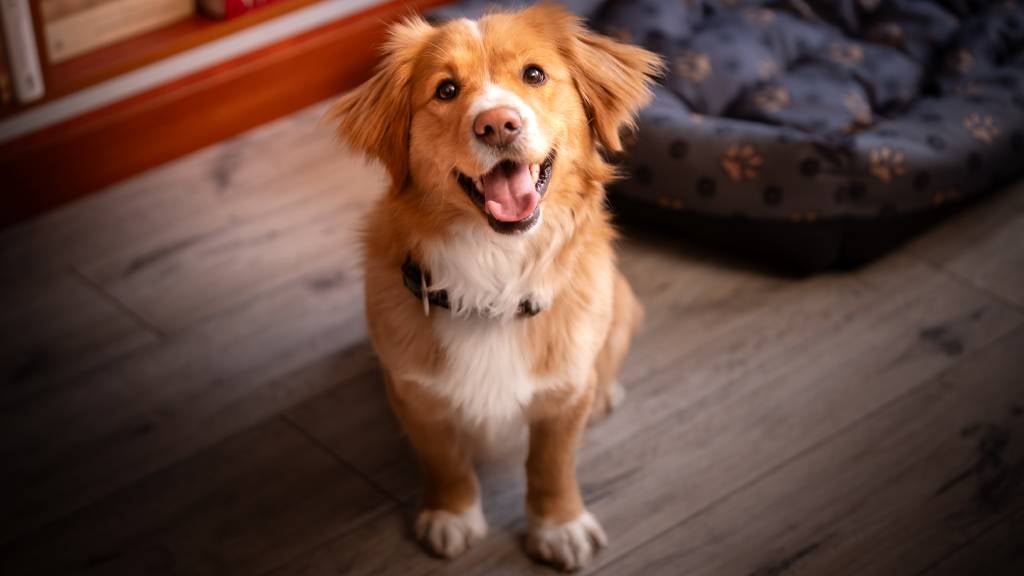Quick take
- Socialisation is a slow, positive process – not a single big day out
- The key window is roughly 3–14 weeks – keep experiences short and happy
- Separate safe spaces, scent swaps and controlled introductions build confidence
- Reward calm behaviour and give your pup choice and distance
- Quality beats quantity – one great interaction is better than ten so-so ones
Why puppy socialisation matters
Did you know that early, positive experiences help your pup feel safe around people, dogs, places and sounds? Good socialisation reduces fear and anxiety later on for your buddy, it also supports training and sets the tone for a well-mannered adult dog.
The critical socialisation window
- Most puppies are especially receptive between about 3 and 14 weeks
- Keep sessions short, positive and age-appropriate
- Pair new sights, sounds and surfaces with treats, praise and play
Steps to socialise your puppy
1. Set up safe spaces
- Give your pup a calm base with bed, water and chew toys
- Use baby gates or crates so they can observe without feeling crowded
- Let them choose to approach, linger or step away
2. Gentle introductions to people
- Introduce adults, kids and people in hats or uniforms at your pup’s pace
- Ask helpers to be calm and offer treats – no looming hugs or fast hands
3. Meet friendly, vaccinated dogs
- Arrange calm meet-ups with steady, dog-savvy mates
- Use parallel walks before nose-to-nose greetings
- Keep leads loose and sessions short
4. Explore different environments
- Visit quiet streets, parks and pet-friendly shops during off-peak times
- Offer a variety of surfaces – grass, gravel, ramps and mats
- End each outing while your pup is still confident
5. Handling practice
- Brief, daily touches of paws, ears, tail and mouth
- Pair with treats to prep for grooming and vet visits
6. Sound socialisation
- Start with low-volume household noises – vacuum, doorbell, washing machine
- Build gradually and feed treats during and after the sounds
7. Basic manners early
- Short training games – sit, stay, come, settle on a mat
- Use food rewards, play and praise to keep it fun
Common mistakes to avoid
- Skipping socialisation altogether due to worry about germs – choose low-risk, controlled exposure as your vet advises
- Punishing fear – comfort, create distance and go slower next time
- Ignoring personality – shy pups need extra space and time
Benefits of effective socialisation
- Lower risk of fear and reactivity
- Better focus and easier training
- Happier outings and a calmer home life
- Stronger bond built on trust
Final thoughts
Think of socialisation as confidence training. Keep sessions short, sweet and frequent, let your puppy choose the pace and celebrate small wins. If progress stalls, step back, simplify and try again tomorrow.
Start strong with Buddy
New places, new faces and plenty of firsts – your pup’s world just got big. Buddy Pet Insurance adds a little backup while you focus on calm intros, good manners and wag-worthy wins.
20 Nov 2025

